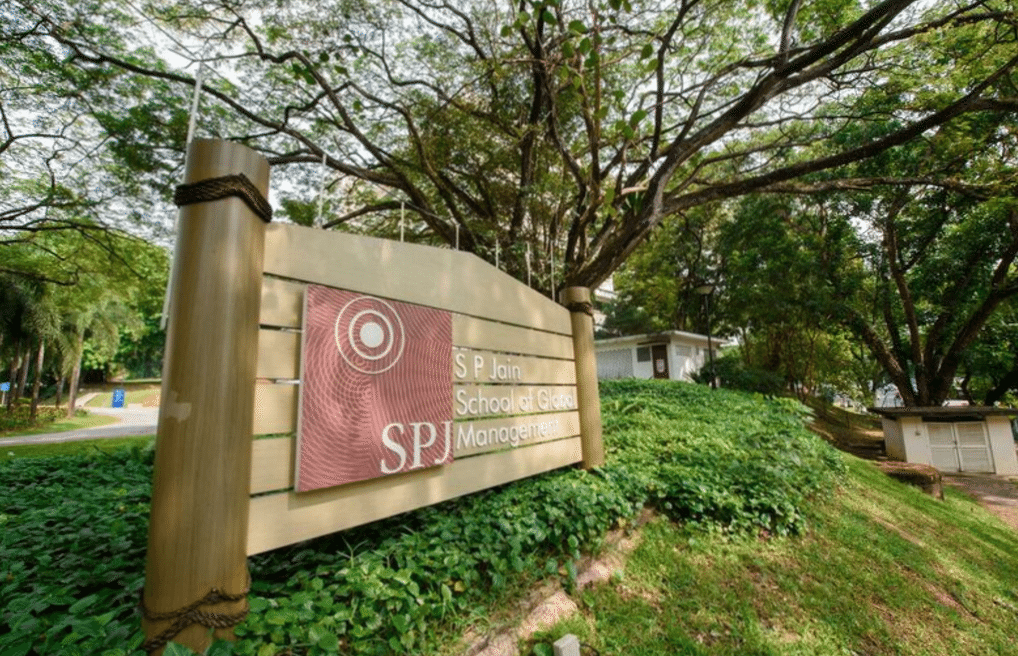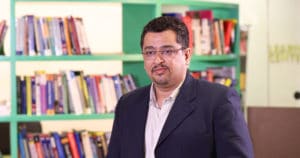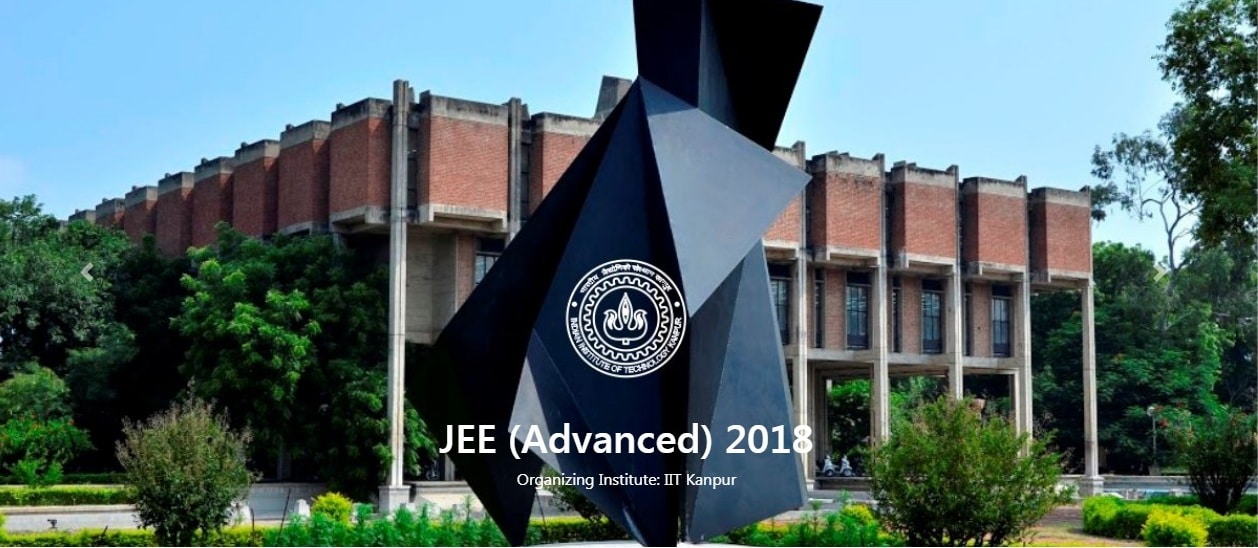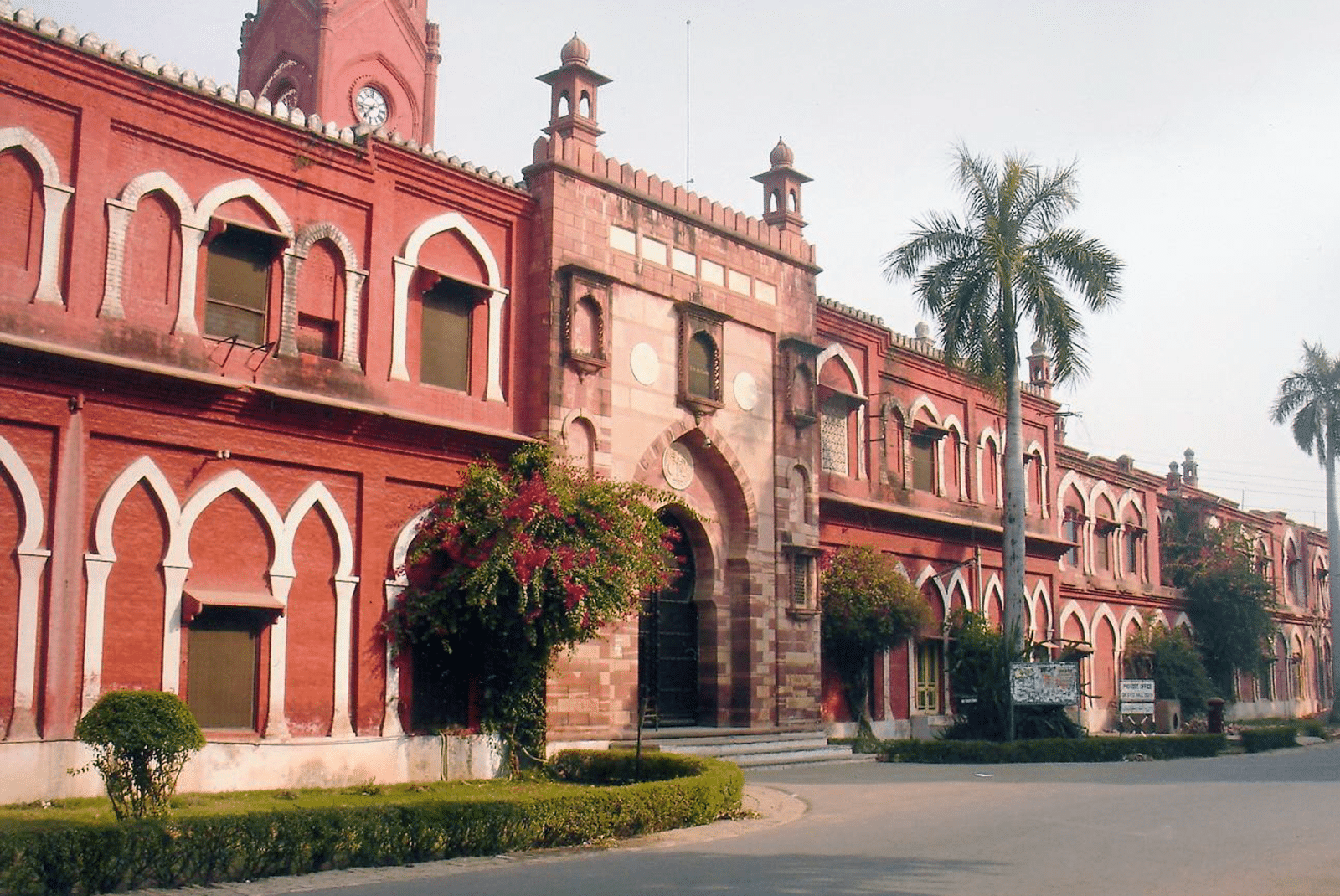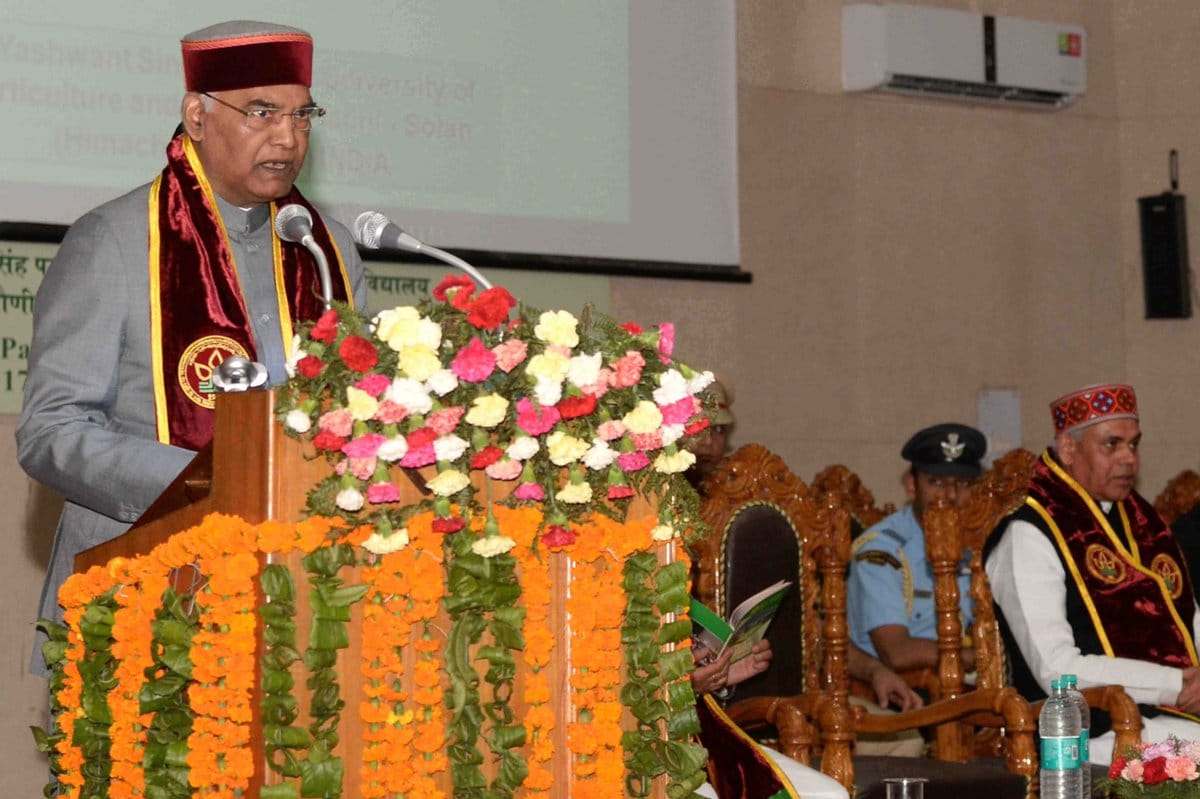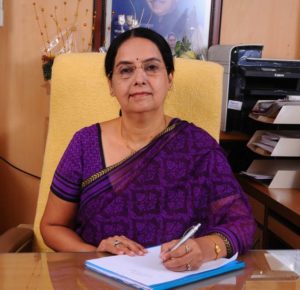Uttar Pradesh has its focus on imparting innovative learning by infrastructural development, extending opportunities for the capacity building, professional development of faculty and producing skilled and employable human resources, says Narendra Shankar Pandey, Special Secretary, Higher Education, Government of Uttar Pradesh and Director, Rashtriya Uchchatar Shiksha Abhiyan, Uttar Pradesh, in an interview with Elets News Network (ENN).
What are the major categories under which RUSA is supporting the State to improve its higher education sector?
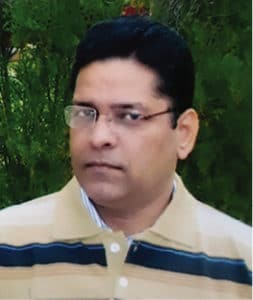
Uttar Pradesh has submitted proposals under the different components of RUSA. But the State so far has received funding only for the components (1) Model Degree Colleges, (2) Infrastructure grants to Universities, (3) Infrastructure Grants to Colleges, (4) New Professional Colleges, (4)Faculty Improvement, (5) Preparatory Grants and (6) MMER. (7) Upgradation of the college to universities.
What are the major initiatives taken to ensure affordable and quality education to underprivileged sections of the society?
To facilitate access of SCs/STs/Weaker Sections and Minorities, to reduce social disparity and ensure affordable and quality education in the State, construction of 26 Model Degree Colleges has been started with central assistance under RUSA.
Of these 26 Colleges, the academic session has been started in 14 Model Degree Colleges from session 2016-17. In rest 12 model degree colleges, efforts are being made both at directorate as well as Government level to make sure these colleges start functioning from academic session 2018-2019.
How the infrastructure grant is helping universities and colleges to improve the educational environment?
The infrastructure grant is sanctioned to 13 State Universities which is helping them in developing new laboratories, buying new equipments, procuring computers, books and furniture, developing or revamping their web portals, and acquiring E books and journals.
Project Approval Board has sanctioned the infrastructural grant to 84 colleges along with nine Government colleges were selected for funding under this component. But due to lack of NAAC grading these colleges could not get funding. Government Degree College, Adalhat, Mirzapur has recently submitted this certificate to project directorate, which has been forwarded to ministry with a request to release the funding. Efforts are underway to take these colleges on priority basis for NAAC grading. Uttar Pradesh State Higher Education Council is putting extra efforts and is in constant touch with the principal of the concerned colleges to providing them necessary support for Institutional Information for Quality Assessment(IIQA) submission.
What government initiatives have been undertaken to improve higher education scenario in Uttar Pradesh?
Two new professional colleges are under construction in District Gonda and District Basti. The Central Government shared its first installment share whereas the State Government has dispersed its complete share of Rs 20 crore.
The State has also received Rs 65 lakhs under Faculty Improvement Programme from the Central Government. The fund will be utilised to train and equip the faculty with the latest and the best teaching skills and practices. Other major State initiatives include:
- New Institutions in underserved and unserved areas especially dominated by vulnerable groups
- Promotion of equity initiatives and improvement in access to quality education
- Vocationalisation/skill enhancement in institutions of higher learning in States
- Online Affiliation module is in the process of development through NIC. This effort is to bring transparency and efficiency into the system
- Higher Education Quality Enrichment Incentive Scheme: To provide financial assistance to self – finance courses running in Government aided colleges to avail the services of competent teachers

















